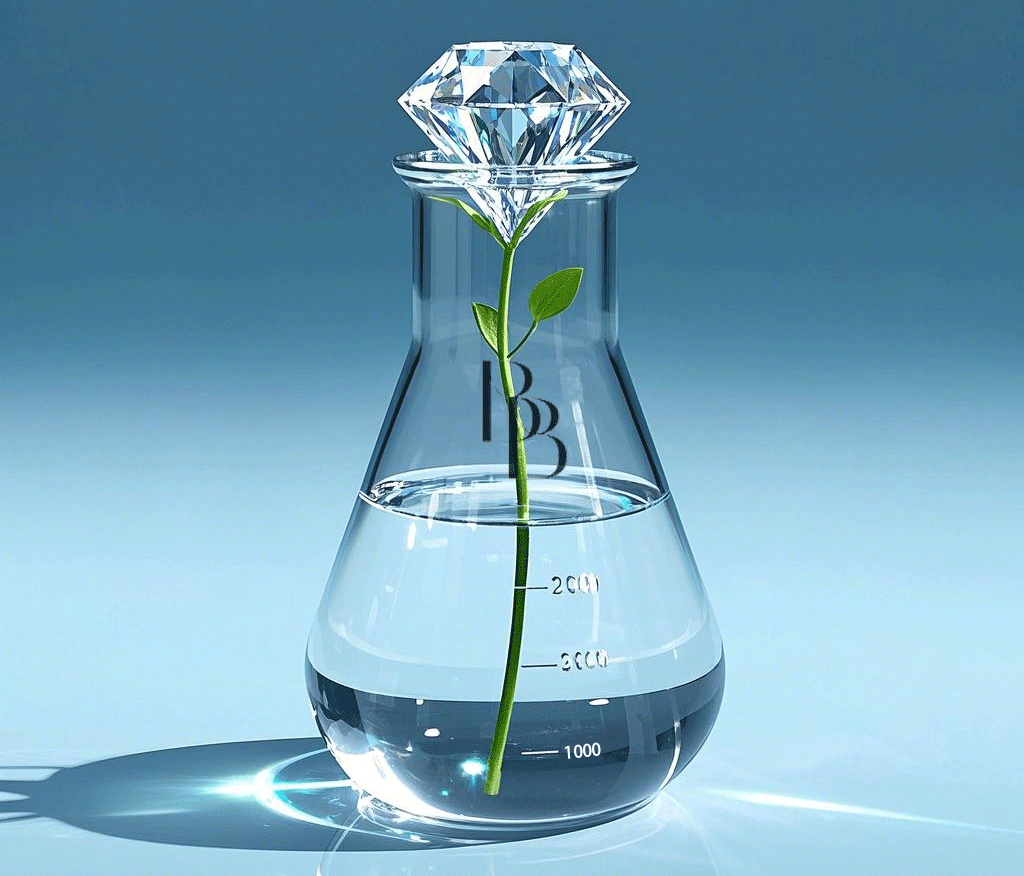blogs
Lab-Grown Jewelry: The Secret Weapon Against Climate Change You Can Wear
Picture two diamonds:
- Diamond A: Torn from deep underground, leaving a crater big enough to swallow a football field.
- Diamond B: Born in a spotless lab, powered by solar energy, with zero environmental scars.
Problem:
Traditional diamond mining emits 57kg CO₂ per carat—equivalent to driving 240 miles in a gas car (Frost & Sullivan, 2023). For a 1-carat engagement ring, that’s:
- 14 full-grown trees needed to offset emissions
- 57 smartphones fully charged (EPA carbon calculator)
Solution:
Lab diamonds slash emissions to 0.028g CO₂ per carat—comparable to:
- Breathing for 3 minutes
- Charging 1% of a smartphone
Case Study:
A New York couple reduced their wedding’s carbon footprint by 82% using lab diamonds. “Our rings sparkle guilt-free,” says bride Emma Chen.
Earth Destruction:
- Land: Mining 1 carat moves 1,750 tons of earth—enough to fill 7 Olympic pools.
- Wildlife: Botswana’s diamond fields displaced 30% of local elephant herds (WWF, 2022).
Lab Alternative:
- Space: A standard 500-carat/month lab uses 1,000 sq ft—smaller than a 2-bedroom apartment.
- Water: Labs recycle 90%+ water vs. mining’s 20% recycling rate.
Leading labs like China’s Zhongnan Diamond now use 100% solar power:
- 1 carat = 8 hours of sunlight stored
- Night production uses graphene batteries (98% efficiency)
Tech Breakthrough:
2023 saw first “carbon-negative” diamonds made by capturing atmospheric CO₂ (CarbonCure Tech).
“Your jewelry shouldn’t cost the Earth. Explore our ECO- Collection where every purchase funds coral reef restoration.”

